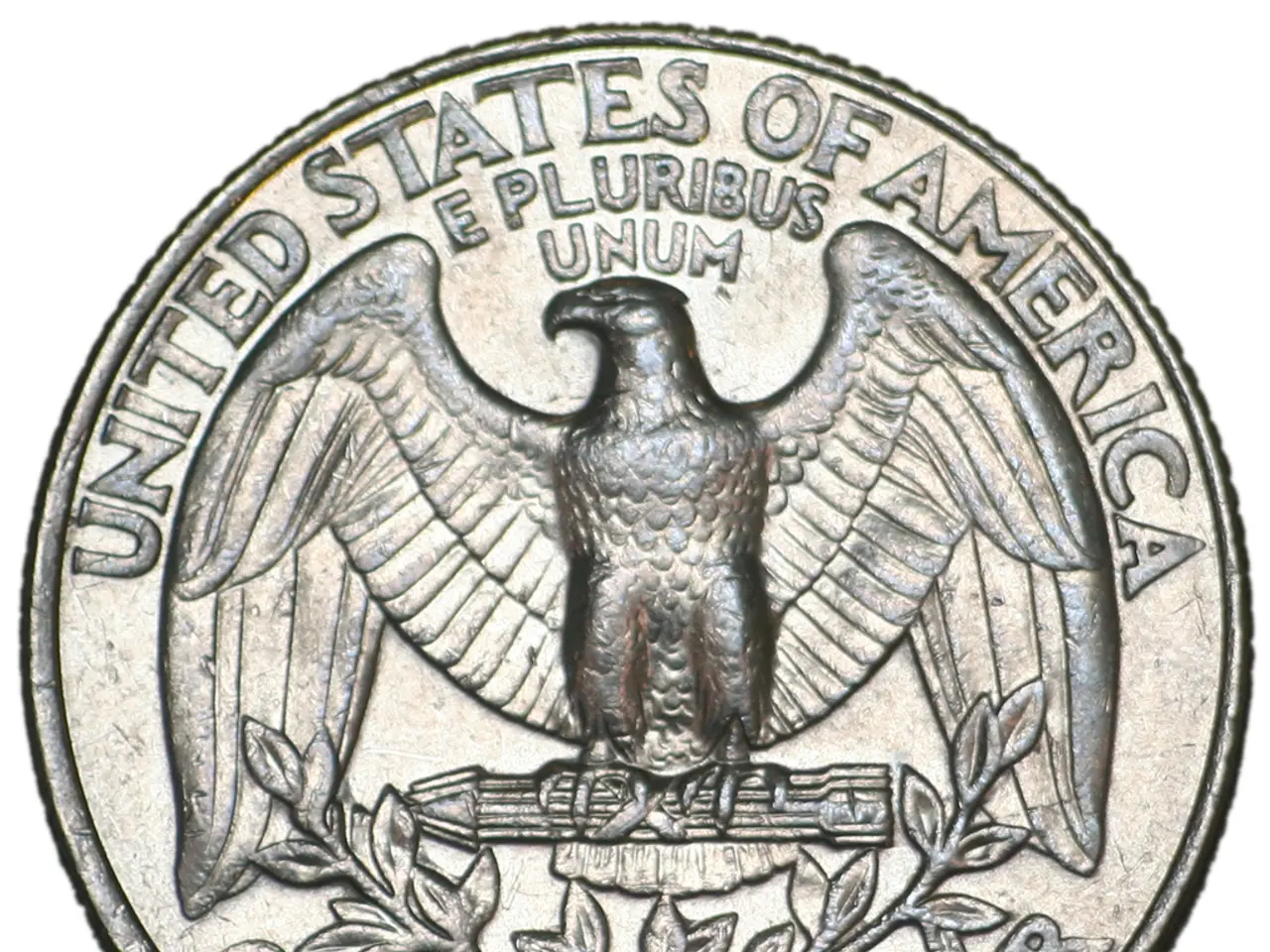Bitcoin stands as a emblem of defiance or revolt.
In a thought-provoking conversation, bestselling author Marc Friedrich and former Member of Parliament Joana Cotar delved into the complexities of the future political landscape, focusing on the delicate balance between freedom, control, and emerging digital currencies.
The Digital Euro and Individual Freedom
The introduction of a digital euro has sparked debates about its potential impact on individual freedom, particularly concerning privacy and financial control. The European Central Bank (ECB) aims for the digital euro to offer "cash-like" anonymity, but this must be balanced against anti-money laundering (AML) and fraud prevention regulations. Over 75% of respondents in ECB and Bundesbank surveys have stressed the importance of strong data privacy.
Marc Friedrich expressed concerns about the potential for governments to exert more control over financial transactions, potentially limiting individual freedom to manage finances privately. On the other hand, Joana Cotar highlighted the digital euro's potential to maintain Europe's monetary sovereignty by reducing dependence on foreign payment systems and ensuring universal access to central bank money.
Bitcoin as a Symbol of Resistance
Bitcoin and other cryptocurrencies are often seen as symbols of resistance against political control and centralized financial systems. Bitcoin operates on a decentralized network, offering users a level of privacy and autonomy over their financial transactions. Its resistance to government control and potential anonymity make it a powerful symbol of economic freedom for some.
Joana Cotar shared her observations about the failure of the current party system and offered insights on what needs to be done now. She suggested the need for new approaches and solutions to address the current political issues, echoing Marc Friedrich's concerns about the digital euro's potential impact on personal freedoms.
The conversation's focus on the future, political control, and freedom underscores the need for alternative solutions in politics. As the world moves towards a more digital economy, the balance between individual freedom, financial privacy, and government control will continue to be a pressing issue.
Investing in Bitcoin, as a symbol of resistance, could provide an avenue for maintaining individual financial freedom, given its decentralized nature and resistance to government control. However, the European Central Bank's (ECB) introduction of a digital euro, while aimed at offering "cash-like" anonymity, may present challenges in balancing privacy and financial control against anti-money laundering (AML) and fraud prevention regulations.




